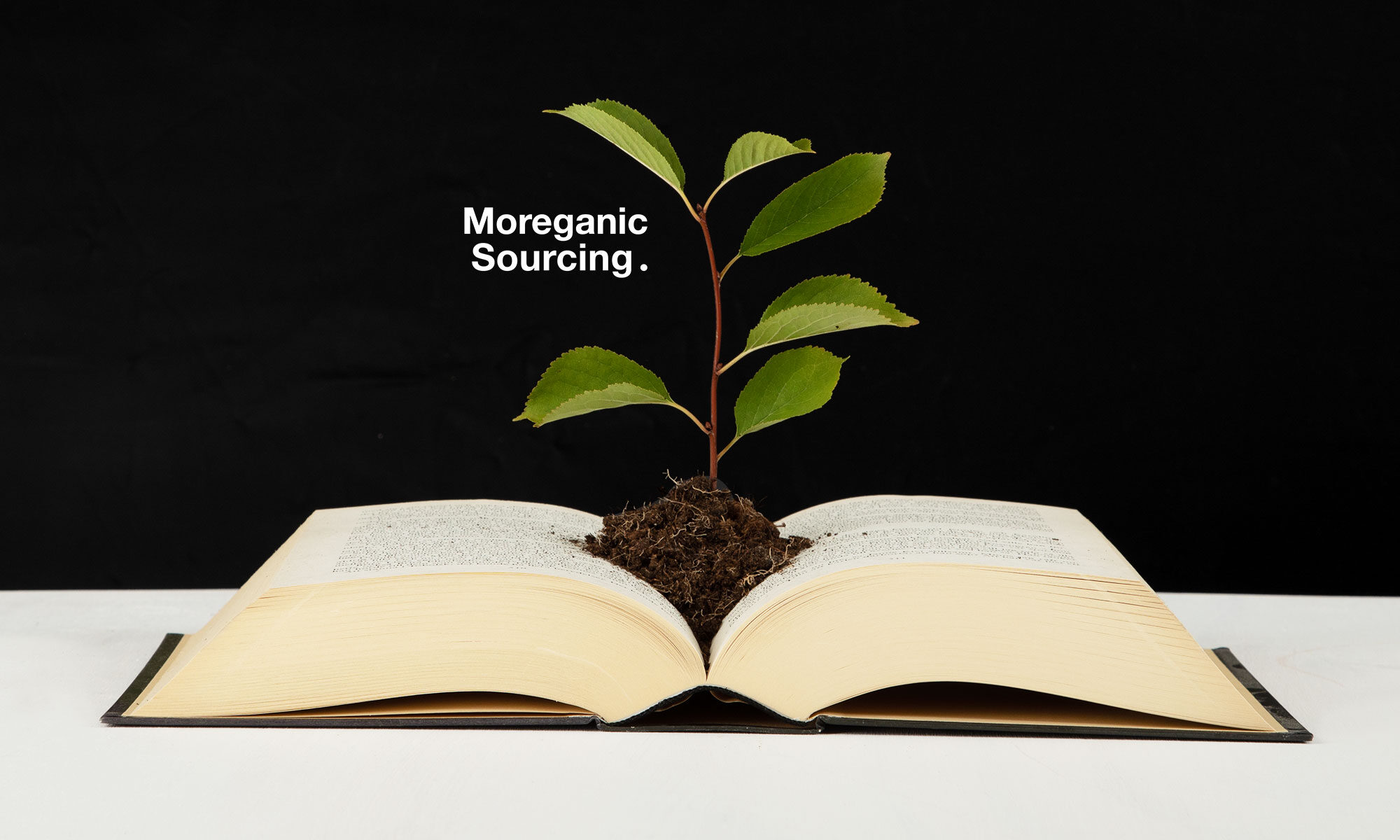Exporting is a another business model from growing on your home market. Selling your products to customers in other countries is not, in itself, to be engaged in export. Exporting is about entering and building a new market; you invest in new relationships, build your brand and set up infrastructure. However, most often you have the advantage of already having built your home market. You know what makes your product unique, how to negotiate and manage supply chains.
Most export advisors will argue that successful exporting requires meticulous planning, extensive research and heavy investments. While the need for thorough planning may be exaggerated, we see a number of steps you need to take to secure success. Understanding these steps is important.

- The first step is to be able to confirm that ”yes we are ready to export”. The meaning of being ready will vary but it involves things like having an English web site, having someone specific appointed and in charge of the exports and having at least three years planning horizon for the export project.
- Your product(s) may have developed in symbiosis with your home market, having no specific target group in mind. Working with exports, however, it is important to understand which target group is using your product and what needs the products satisfies.
- Knowing your target group will allow you to select markets where that target group constitutes a large share of the consumer group as a whole.
- Having identified your most penetrable markets, you take your product to these markets to get feed back. You want to understand what modifications the market will reward. Issues like packaging size, colors on label and additional certification make a big difference.
- A market will not grow by itself. You will need a partner who is breathing your new market every day. Setting up a local office, partnering with an agent or granting exclusivity to an importer have pros and cons. In any case, you need to decide what partnership is going to be best for your brand. ”Private label” is considered a kind of partnership in this context.
- Using the feed back from the market, and taking your partners capabilities into account; how can you adapt and change your product to increase your likelihood of success?
- The last step of preparing for market entry is to create a marketing plan in collaboration with your local partner. Having done all the previous steps, this will not be too time consuming.
Once your done with that – off you go!








